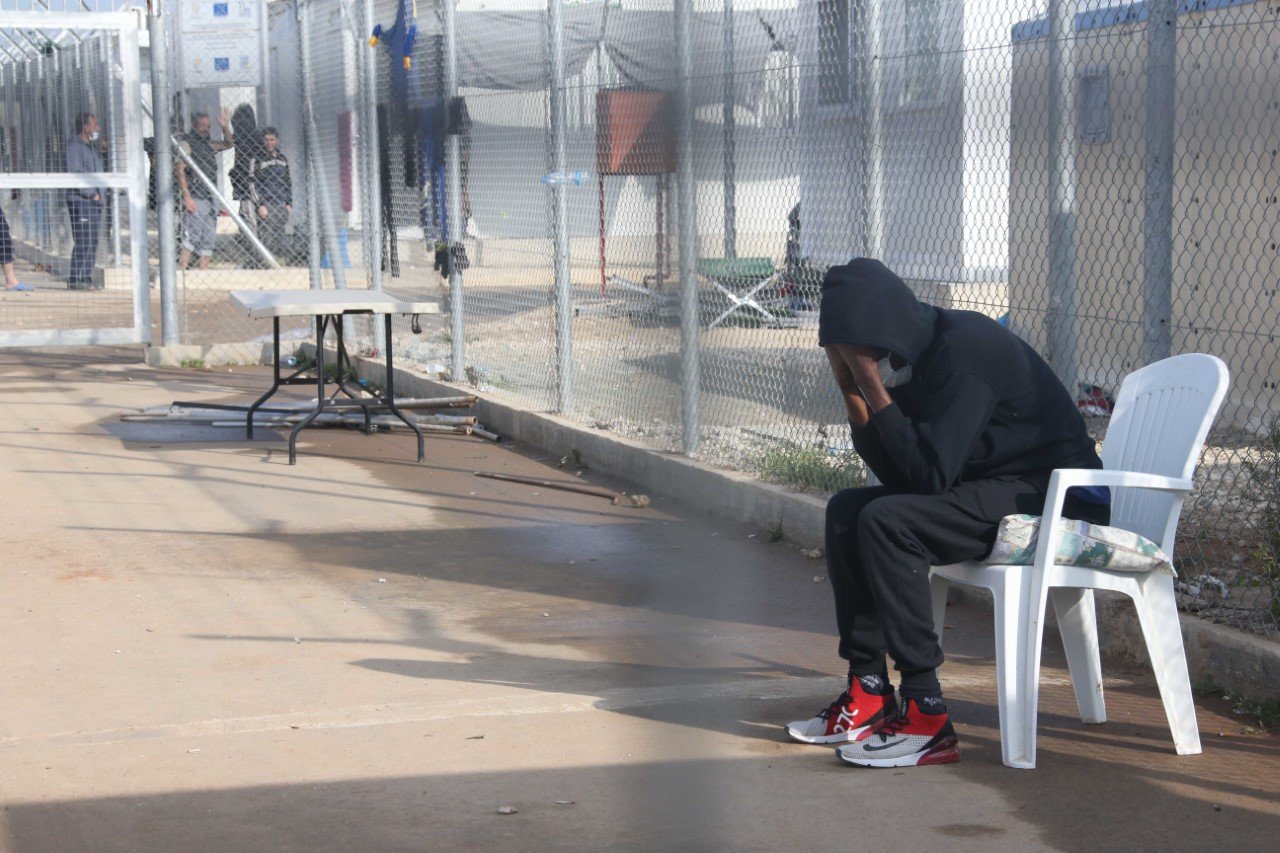Intense discussions are taking place in Cyprus over what it expects from the EU’s proposed new migration policy, with the government insisting the Republic is overburdened.
Foreign Minister Nikos Christodoulides and Interior Minister Nikos Nouris met on Thursday to coordinate their approach in negotiations on the migration issue.
“The percentage of asylum applicants and beneficiaries of international protection amounts to 4 per cent of the population, a particularly high percentage, given that in all other member states the percentage is close to 1 per cent,” the ministers said on Friday in a joint press release.
The EU Commission is proposing a new Pact on Migration and Asylum which seeks a more centralised approach within the bloc as to what its migration policy will be – instead of the current patchwork of policies from each country.
For its part, Cyprus is facing a large flow of irregular migration over the past couple of years – largely due to a route involving flights from Turkey to the north and crossings across the Green Line into the Republic.
Irregular migrants throughout Africa and the Middle East often book flights to Turkey from their country of origin, while others arrive by boat.
This has led Cyprus, as the government says, to having the highest number of asylum applications in proportion to its population for the fourth year in a row.
Cyprus is pushing for more assistance from the bloc in terms of funding and personnel while also seeking more effective legal returns – turning back those who do not meet the criteria for protection.
The government will push for these policies at the ministers of foreign affairs and home affairs conference on March 15.
The European Commission itself has stated that: “The current system no longer works. And for the past five years, the EU has not been able to fix it.”
But parts of the EU’s proposal include ‘solidarity clauses’ which may force some countries to take in migrants from front-line countries such as Cyprus, Greece and Italy.
Such a policy is particularly contentious as some countries deem it to be a national sovereignty issue – control over who they allow in.
The Visegrad Four – Poland, Hungary, Slovakia and Czechia – are staunch opponents of such relocation proposals.
Back in September 2020, European Commission president Ursula von der Leyen said: “We are proposing today a European solution, to rebuild trust between member states and to restore citizens’ confidence in our capacity to manage migration as a Union. “







Click here to change your cookie preferences